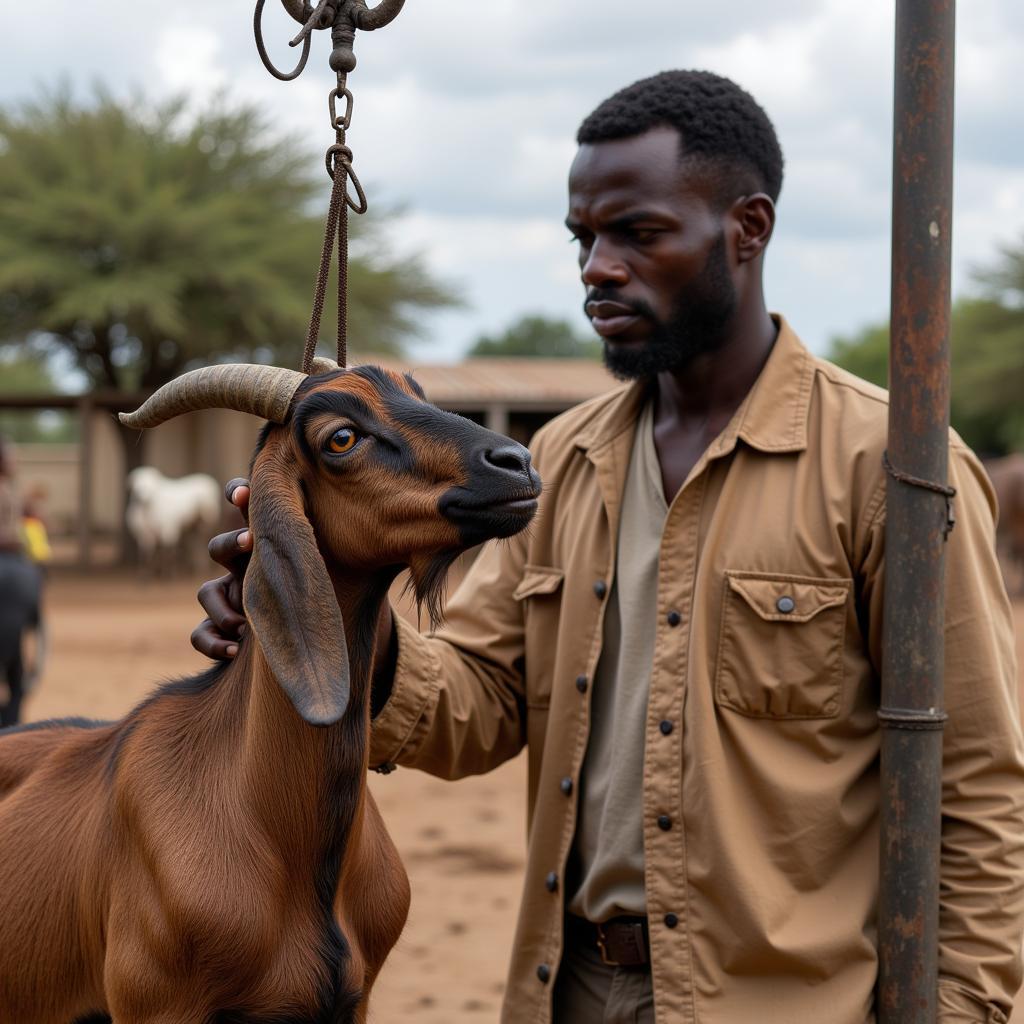Understanding the Complexities of African Female Sex Workers in Bangalore
The topic of African female sex workers in Bangalore is a complex one, intertwined with issues of migration, economic hardship, and social vulnerability. This article aims to delve into this sensitive issue, exploring the factors that drive African women into sex work in Bangalore and the challenges they face.
The Intersection of Migration and Vulnerability
Many African women arrive in Bangalore with hopes of a better life, seeking economic opportunities that are unavailable in their home countries. Some are lured by false promises of legitimate employment, only to find themselves trapped in exploitative situations. Others are forced into sex work due to financial desperation, often lacking the resources and support systems to navigate a new and unfamiliar environment. This vulnerability is further compounded by language barriers, cultural differences, and the lack of awareness about their rights.
Economic Hardship and the Pursuit of Survival
The economic realities faced by many African women are a significant driving force behind their involvement in sex work. Poverty, lack of educational opportunities, and limited access to resources in their home countries often leave them with few options for survival. Bangalore, with its perceived economic opportunities, becomes a destination of hope, albeit one that can quickly turn into a place of exploitation.
The Role of Trafficking Networks
Organized trafficking networks often prey on vulnerable women, exploiting their desperation and lack of awareness. These networks facilitate their travel to Bangalore and subsequently coerce them into sex work. The women become trapped in a cycle of exploitation, facing threats, violence, and limited freedom.
Social Stigma and Isolation: A Double Burden
African female sex workers in Bangalore face a double burden of social stigma: they are marginalized both for their profession and their foreign identity. This intersectional discrimination leads to social isolation, making it difficult for them to access essential services such as healthcare and legal assistance. The fear of being ostracized or deported prevents many from seeking help, further perpetuating their vulnerability.
african family health organization
Navigating the Legal Landscape: Challenges and Uncertainties
The legal status of African female sex workers in Bangalore is often precarious. Many lack proper documentation, making them susceptible to exploitation and harassment by law enforcement. The complex legal framework surrounding sex work in India further complicates their situation, creating a climate of fear and uncertainty.
Accessing Healthcare and Support Services: A Critical Need
The health risks associated with sex work are significant, and African female sex workers in Bangalore often face barriers to accessing adequate healthcare. Language barriers, cultural insensitivity, and fear of discrimination deter many from seeking medical attention. The need for culturally sensitive and accessible healthcare services is paramount in addressing their health needs. african family health organization
Conclusion: Addressing the Root Causes and Empowering Women
The issue of African female sex workers in Bangalore requires a multi-pronged approach that addresses the root causes of vulnerability. Empowering women through education and economic opportunities in their home countries is crucial. Furthermore, strengthening legal frameworks, providing access to healthcare and support services, and combating trafficking networks are essential steps in protecting these vulnerable women and ensuring their rights are upheld. The african family health organization plays a vital role in supporting these efforts.
FAQ
- What factors drive African women to Bangalore for sex work?
- What are the main challenges faced by African sex workers in Bangalore?
- How can trafficking networks be effectively combated?
- What support services are available for African female sex workers?
- What role can international organizations play in addressing this issue?
- What legal protections are in place for sex workers in India?
- How can cultural sensitivity be improved in healthcare services for migrant women?
Situations and Questions
Scenario 1: An African woman arrives in Bangalore with a promise of a job as a domestic worker but is forced into sex work. Question: What legal recourse does she have?
Scenario 2: An African sex worker experiences health problems but is afraid to seek medical attention. Question: Where can she find confidential and culturally sensitive healthcare?
Further Exploration
Explore other articles on our website regarding women’s rights, migration, and healthcare in Africa and India.
Need Help?
For support and assistance, please contact us: Phone: +255768904061, Email: [email protected] Or visit us at: Mbarali DC Mawindi, Kangaga, Tanzania. We have a 24/7 customer service team.


